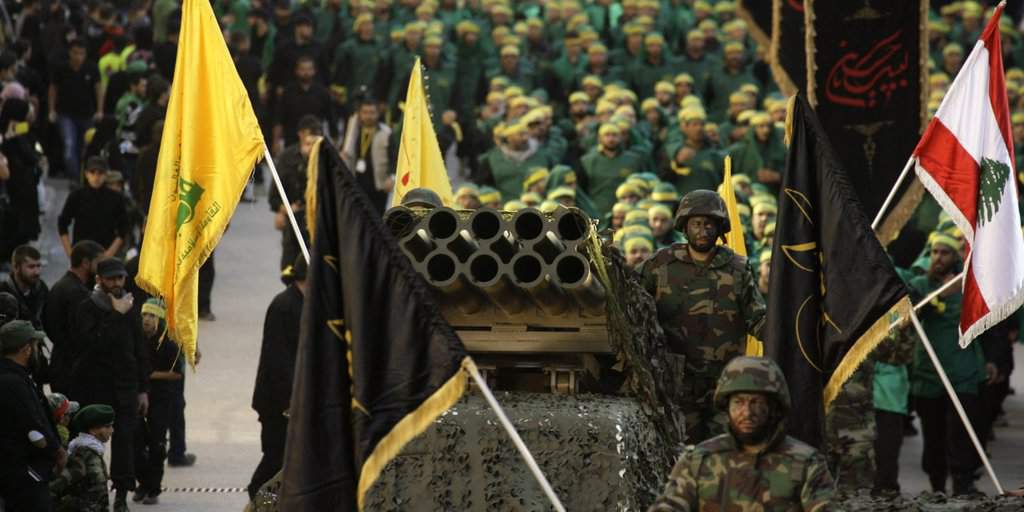US Secretary of State Antony Blinken recently alerted the G7 nations to a potential threat: Iran and Hezbollah might launch attacks on Israel as early as Monday. This information, reported by Axios, comes from three sources briefed on a call among G7 leaders.
Uncertainty Surrounding the Attack
While the exact nature and timing of these potential attacks remain unclear, the looming threat underscores growing fears that the ongoing conflict between Israel and Palestinian militants in Gaza could spiral into a broader Middle East confrontation.
The Catalyst: Recent Escalations
Tensions have escalated following the death of Hamas chief Ismail Haniyeh in Tehran, which Iran and Hamas attribute to Israeli actions. Additionally, an Israeli strike in Beirut resulted in the death of Fuad Shukr, a senior Hezbollah commander. Both Hezbollah and Iran have pledged retaliation, further heightening regional tensions.
Diplomatic and Military Responses
The State Department, when queried about the Axios report, referred to a summary of the G7 call, highlighting the ministers’ discussion on the urgent need for de-escalation in the Middle East. Meanwhile, the Pentagon announced plans to deploy additional fighter jets and Navy warships to the region.
Jonathan Finer, the White House’s deputy national security adviser, emphasized on CBS’ “Face the Nation” that the overarching goal is to reduce regional tensions, deter and defend against potential attacks, and prevent a broader conflict. He noted that both the US and Israel are preparing for various scenarios, recalling a near-conflagration in April when Iran launched drones and missiles at Israeli territory following an Israeli strike in Damascus.
The situation in the Middle East remains precarious, with the potential for significant escalation. As diplomatic and military measures are being put in place, the international community watches closely, hoping for de-escalation and a return to stability.





